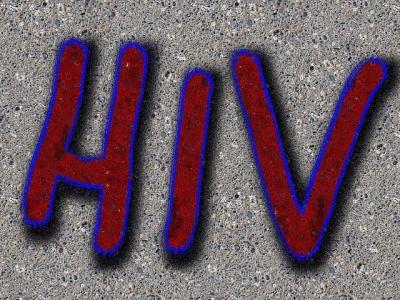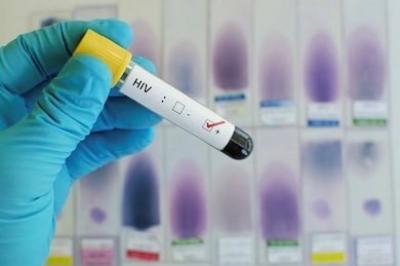Conversations on Criminal Justice – Claudia Stoicescu
As part of the Academic Communications Skills course at the Centre for Criminology, students on the MSc Criminology and Criminal Justice have been conducting interviews with leading figures in the fields of law, crime and criminal justice in different countries around the globe. This blog draws on an interview with Claudia Stoicescu. Claudia is a public health researcher and independent consultant. Currently, she is researching HIV substance use and it's criminalisation. Her research looks at the socio-structural drivers of HIV among women who use drugs.
Posted:
Time to read:
Speaking to us from Indonesia, Claudia recalled that her initial interest in HIV began during her first year as a political science major at York University, in Canada. As an undergraduate, Claudia’s career passions dramatically changed and were propelled into the sector of HIV. This newfound interest was manifested in Claudia’s outreach work with the Aids Committee in Toronto, which was not only rewarding but also enlightening: it exposed the drugs aspect of AIDS, as well as the HIV aspect. Upon completing her degree, Claudia was offered the opportunity of a work placement programme abroad, which she chose to undertake in Indonesia. The programme was heavily involved with a local branch of the Planned Parenthood Association which focused on harm reduction measures. Claudia worked closely with the local harm reduction team who conducted outreach to drug users, many of whom lived with HIV. It was this initial outreach that sparked Claudia’s passion for social justice work and research; particularly in the fields of public health and criminalisation of drugs. It also heavily influenced the direction her masters took at the University of Oxford.
After completing her masters, Claudia’s passion for harm reduction took her career to London. Here she worked with Harm Reduction International conducting global policy work relating to harm reduction. However, she had kept in touch with the people she had worked closely with during her work placement in Indonesia. Claudia commented that she has been contacted by women in Jakarta who expressed their desire to understand what was happening to women like themselves, drug users or former drug users. These women were motivated to advocate to the Indonesian government for the creation of a treatment programme, specifically for women. However, this programme was not realised and, as Claudia noted, there is still not much being done by the government to this end. From these initial discussions, it became apparent that the impact of the criminalisation of drugs has had a disproportionate effect on women in Indonesia. Yet, at the time there had been no existing research into the matter. Subsequently, Claudia was motivated to leave her job in London and applied for a PhD to conduct her doctorate research into this matter.

During our interview, we spoke at great lengths about the difficulties and barriers faced when conducting such research. Claudia commented that the key issue is not simply how to get access to such vulnerable or marginalised people and communities, but it is also how these people can themselves have a meaningful role in the research project. Meaningful involvement can be severely limited by the nature of doctorate research itself: implementing very specific processes of research into community-based projects can be problematic. The way that the research has been designed or funded and decisions about project management do not always fit so easily with how marginalised communities operate. For instance, much of her research involved the use of electronic tablets and yet the majority of the community did not know how to operate them. Hence working in a meaningful way can often require extra time and resources. Claudia stressed that it is important to continue to work with these communities, despite the challenges one might face. She further highlighted that to overcome these limitations, it is crucial to work with community organisations who are already working with marginalised populations. This will allow research interactions to become more meaningful.
It was also highlighted during our interview that working with community organisations is also beneficial, as they often help bring to light issues that researchers might not have initially considered. For Claudia, it was always interesting to learn the different perspectives of people who have been impacted or are the target of the research. Particularly when working in a different culture, it is important to work closely with community organisations to understand how to navigate the culture changes. During her doctorate research Claudia’s close relationship with community organisations allowed her to better understand how to accommodate working with drug-users, particularly in a country that criminalises its possession and use. For instance, rules were created regarding drug use at the office; everyone involved in the research agreed upon particular sanctions if someone were to attend a meeting under the influence. Hence, being able to work with community organisations is extremely important for successful and meaningful research.

We would like to thank Claudia for her time given to us during this interview.
Keywords:
Share:
